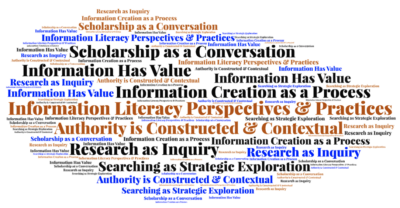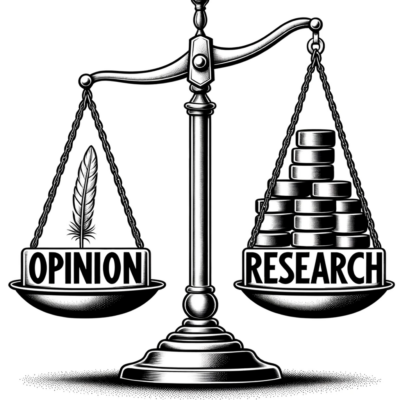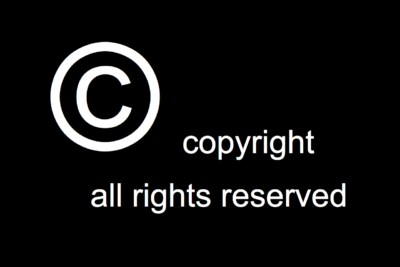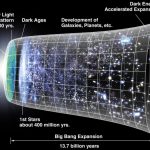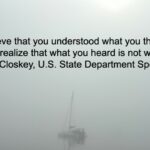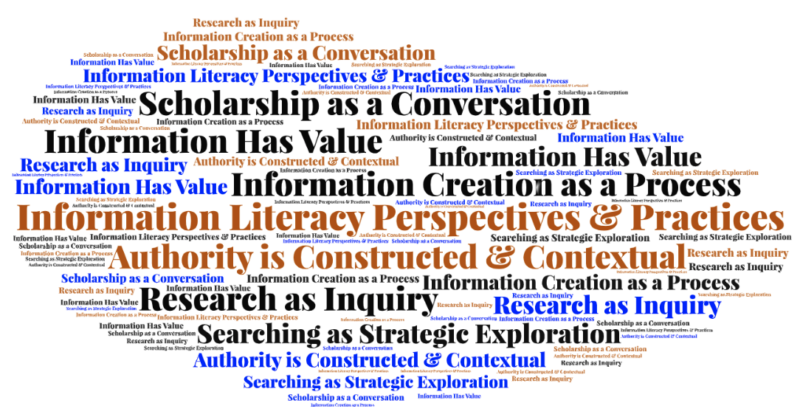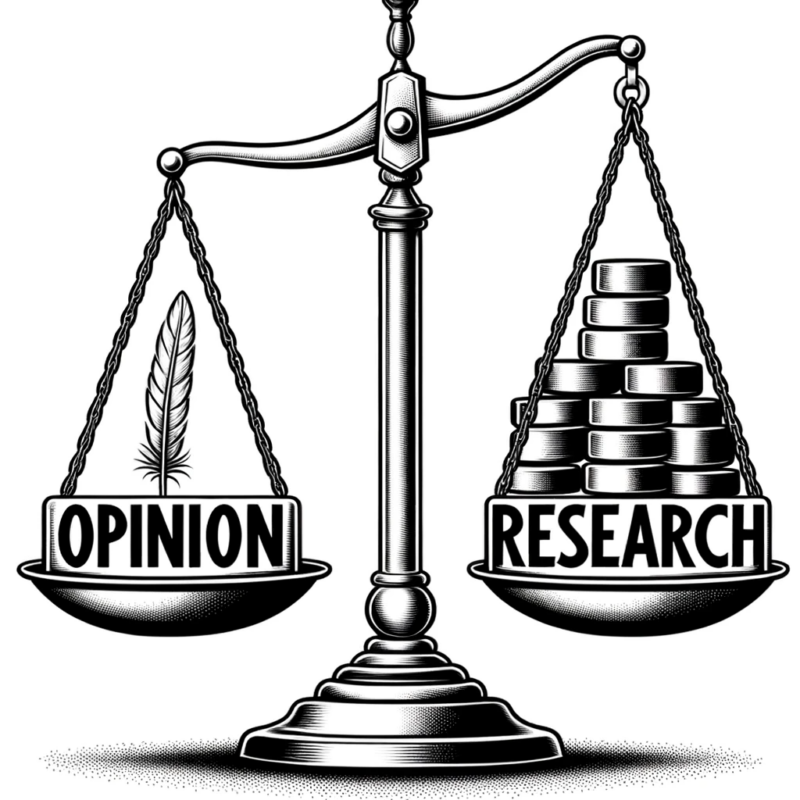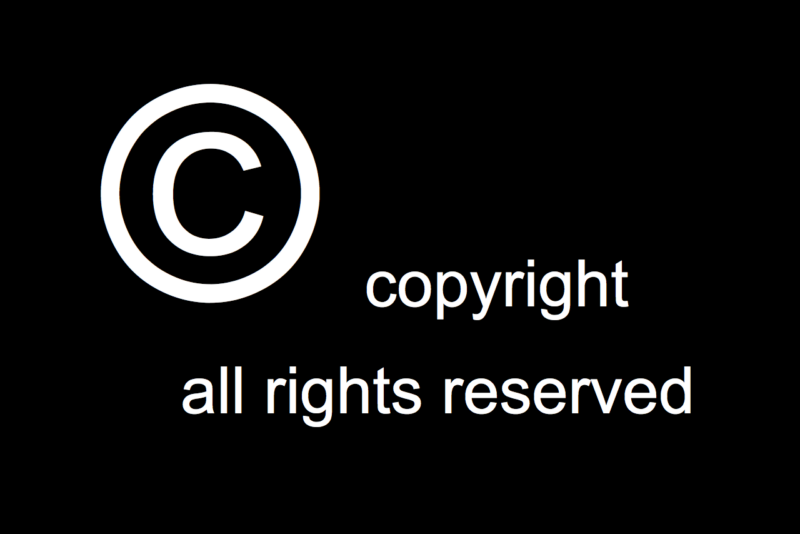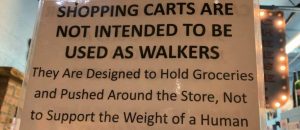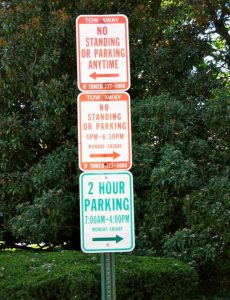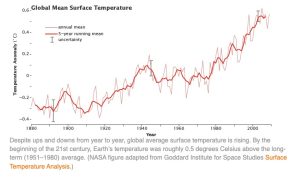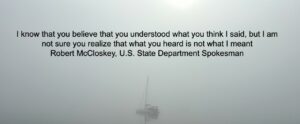
What is Information Literacy?
Information Literacy may be refer to
- the ability to recognize “when information is needed and have the ability to locate, evaluate and use the needed information” (American Library Association, 1989)
- “a cluster of interconnected core activities, frameworks” that constitute information ecosystems (ACRL 2015)
- a subject of study
- Consuming, evaluating, producing, managing, using, and archiving information–these are topics of ongoing scholarship in information studies, writing studies, and related disciplines. This topic is under constant evolution as new communication technologies evolve.
What is Information?
Information is everything your senses perceive, including visual, auditory, or kinesthetic data (more).
What is Literacy?
Literacy is the ability to identify, interpret signs, and communicate with signs, using whatever medium or semiotic system the audience(s) expects you to use.
Synonymous Terms
Information Literacy may also be called
- Data Information Literacy
- Science Communication
- STEM Literacy for Learning.
Related Concepts: Authority (in Speech and Writing); Copyright; Critical Literacy; Evidence; Plagiarism; Rhetorical Analysis; Rhetorical Reasoning; Semiotics; The CRAAP Test
Why Does Information Literacy Matter?

In order to thrive, much less survive in a global information economy — an economy where information functions as a capital good such as money or social influence — you need to be strategic about how you consume and use information. If you accept what people tell you without engaging in critical literacy practices, such as evaluating the authority, accuracy, and relevance of information, you may
- receive poor grades in school and a loss of clients at work
- be spammed, tricked, or fooled by bad actors
- be uninformed about the best, most relevant information on a topic
- make decisions based on emotions rather than reason
- confuse fake news for real news
- make poor decisions, contrary to the decisions you would make if you had engaged in strategic searching.
By using critical perspectives when consuming, evaluating, or producing information, people develop competencies that have been conceptualized as “a basic human right in a digital world” (Alexandria Proclamation 2005).
What Competencies are Associated with Information Literacy?
Information Literacy refers to a cluster of competencies, including the ability
- to recognize when you need information
- to understand the type of information you need
- to know how to search for information
- to know how to interpret information and distinguish fact from opinion, textual debate over empirical observation
- to know how to engage in the research methods sanctioned by your target audience
- to know how to use and cite information
- to know how to remediate texts in new media.
| Core Competencies |
| Be conscious of when you need information. |
| Learn to adeptly research information to inform and solve problems, entertain, or persuade. |
| Evaluate information critically (e.g, distinguish fake news from real news). |
| Be aware of ethical and unethical uses of information, including plagiarism. |
| Weave sources strategically into your text without undermining your purpose or losing your intended voice or tone. |
| Establish the credibility of your sources for your audience. Avoid patchwriting. |
| Use the required or expected citation style, such as |
Framework for Information Literacy for Higher Education
ACRL Frameworks (aka Threshold Concepts) for Information Literacy
In Framework for Information Literacy for Higher Education, the ACRL imagines six critical frameworks, aka mindsets, that inform clear and persuasive acts of communication:
- Authority is Constructed & Contextual
- Information Creation as a Process
- Information Has Value
- Research as Inquiry
- Scholarship as a Conversation
- Searching as Strategic Exploration
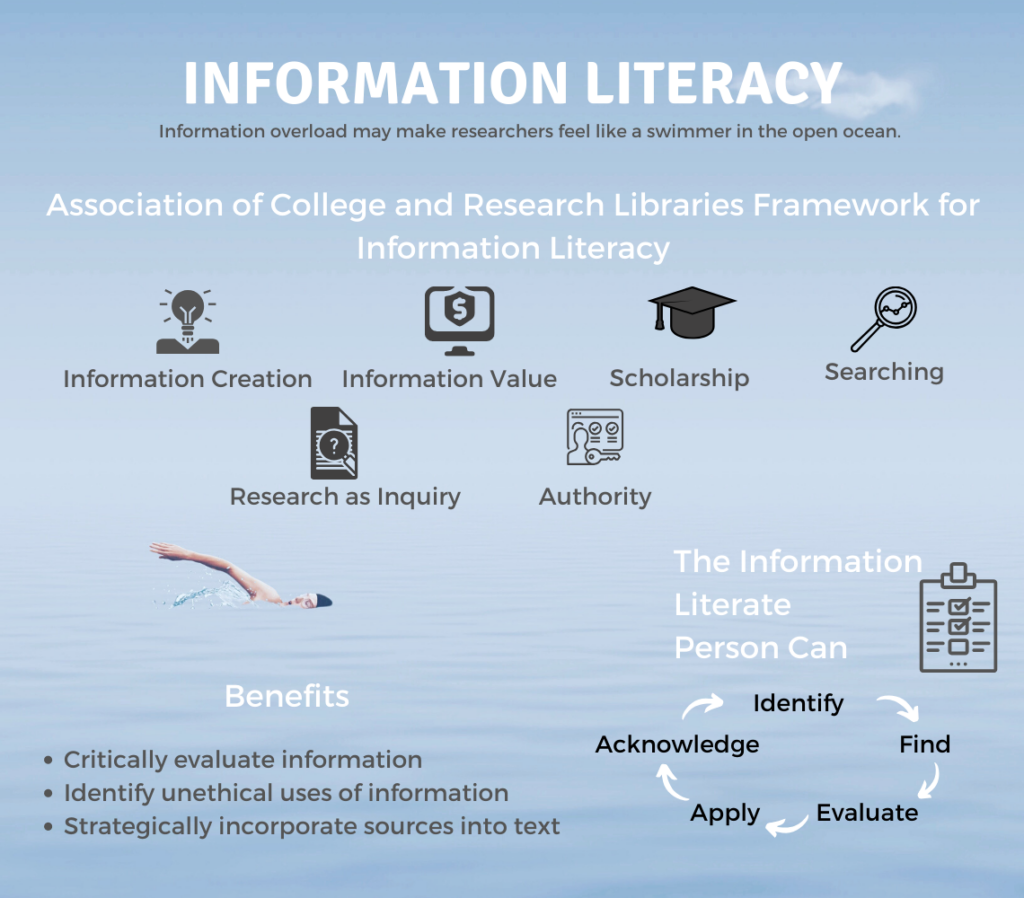
Related Resources
- Project Information Literacy: http://www.projectinfolit.org/
- Citation Project: http://www.citationproject.net/
- Students and their sources: http://www.citationproject.net/studies/sats/
References
Alexandria Proclamation on Information Literacy and Lifelong Learning, 2005. Information literacy. United Nations Educational, Scientific and Cultural Organization. Retrieved from http://www.unesco.org/new/en/communication-and-information/access-to-knowledge/information-literacy
Association of College and Research Libraries. “Visual Literacy Competency Standards for Higher Education.” Text. Association of College & Research Libraries (ACRL), October 10, 2019, http://www.ala.org/acrl/standards/visualliteracy.
ACRL (Association of College and Research Libraries) (2015) Framework for Information Literacy for Higher Education, http://www.ala.org/acrl/standards/ilframework, 12/21/19.
Obama, Barack (2009). “National Information Literacy Awareness Month” (PDF).
